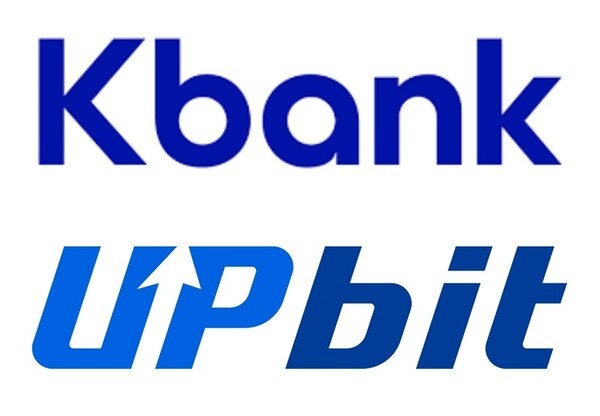
Internet-only bank K Bank has decided to extend its real-name account partnership with Upbit, South Korea’s largest cryptocurrency exchange, for another year until October 2026. This marks the fifth consecutive renewal since the partnership began in June 2020, signaling growing stability in the integration between digital assets and traditional finance.
The renewal is now in its final administrative stage, pending review and approval from relevant authorities such as the Financial Intelligence Unit (FIU). A K Bank representative said, “Both parties agreed to maintain cooperation in a way that enhances transparency and trust in the virtual asset market. Ensuring service continuity was our top priority.”
The real-name account system, introduced under the Act on Reporting and Use of Specified Financial Transaction Information (the so-called “Special Act”) in 2018, is a regulatory framework that mandates verified banking relationships for cryptocurrency transactions. Investors must link a bank account in their own name to their exchange account to deposit or withdraw Korean won. For Upbit, continued access to real-name banking services is therefore essential to maintain stable fiat transactions for its users.
Through this partnership, K Bank has served as a key gateway for domestic crypto investors. Alongside Upbit’s rapid user growth, K Bank has seen consistent increases in new account openings, deposits, and total savings volume. The bank has also strengthened its service integration by allowing users to check their Upbit asset balance and real-time crypto prices directly within the K Bank app, and by offering features such as “Crypto Savings.”
For K Bank, the extension is also an opportunity to sustain its user growth momentum. The bank has been expanding its services to include corporate customers eligible for real-name virtual asset accounts, with the number of such accounts rising by double digits over the past year. Given Upbit’s dominant market share of over 80% in Korea, the partnership between the two institutions effectively serves as a central pillar of the country’s crypto-financial infrastructure.
Industry insiders note that the extension likely settles previous speculation that Upbit might switch to a larger commercial bank. Analysts say K Bank’s fast decision-making, IT-driven operations, and the stability of a five-year collaboration played key roles in maintaining the relationship.
However, potential policy changes remain a variable. The Financial Services Commission (FSC) has recently been reviewing whether the current “one exchange–one bank” rule limits market competition, hinting that future models allowing multi-bank partnerships or risk-sharing structures may be considered.
Despite these regulatory uncertainties, the latest renewal is widely seen as reaffirming the stability of Korea’s crypto-finance ecosystem. By maintaining seamless collaboration between the exchange and the bank, investor confidence remains intact, and the real-name account framework continues to serve as a foundation for the institutionalization of digital assets. As one industry observer noted, “The K Bank–Upbit partnership is more than a contract — it has become a cornerstone of Korea’s digital asset financial system.”



![[November]Uptober No More](https://coinhubkorea.com/wp-content/uploads/2025/10/Whisk_d78880efb01a730907f4be201effefe1dr-1-100x70.jpeg)


